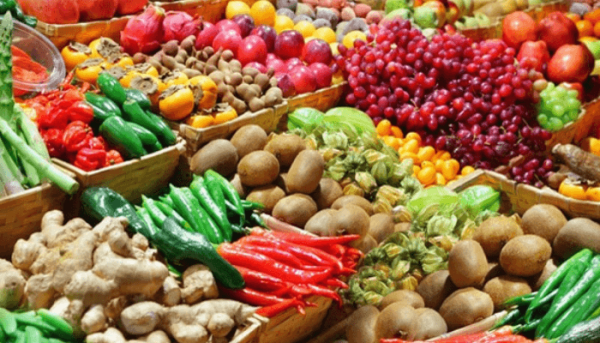The Global Initiative for Food Security and Ecosystem Preservation (GIFSEP) has announced plans to turn bio-waste into useful products for climate-smart farming and greener communities in Nasarawa State.
Dr. Michael David, Executive Director of GIFSEP, revealed this during a “Waste-to-Wealth” awareness workshop held in Karu Local Government Area.
The event was themed “Unlocking the Hidden Value of Bio-waste to Power Climate-Smart Agriculture and Greener, Stronger Communities.”
Supported by the Global Environment Facility (GEF) Small Grants Programme in Nigeria, the project aims to promote sustainable waste management, improve food security, and create green jobs.
Dr. David said that bio-waste offers a real opportunity for climate-smart farming, stronger communities, and better livelihoods.
He explained that if managed well, bio-waste can be turned into compost, biogas, biochar, and organic fertilizers.
“These products improve soil fertility, reduce the need for chemical fertilizers, cut greenhouse gas emissions, and also create opportunities for small businesses and jobs,” he said.
He added that while global talks often focus on plastics, bio-waste from kitchens, farms, and livestock is still an untapped resource.
The training, he said, would empower selected women and youths to turn waste into products such as bio-fertilizers, biogas, and items made from coconut shells.
“I encourage you to see bio-waste not as a problem but as a blessing—an untapped resource that can drive development. Let us protect the environment, improve livelihoods, and leave a healthier planet for future generations,” he said.
Officials of Karu LGA and Nasarawa State also pledged their support for the initiative.
Mr. Ibrahim Wali, Director of Works, Land and Survey at Karu LGA, said the waste-to-wealth idea was timely for improving health and growing the local economy.
“In Karu, where most of the state’s population lives, a lot of money is spent on waste management. With this idea, waste can be turned into cooking gas, bioplastics, and other useful products that benefit the economy,” Wali said.
Mr. Ishaq Ibrahim, Director of the Nasarawa Waste Management and Sanitation Authority, added that 75 per cent of the waste in the state is organic.
“Currently, these wastes are dumped in Ado and Tudun Wada. With the right skills, they can easily be turned into organic fertilizer,” he said.
Community and private sector representatives also welcomed the idea.
Mr. Alfa Aliu, representing traders at Maraba Orange Market, called for a government-supported waste collection centre to help with proper disposal and recycling.
Mr. Victory Obehi, a National Youth Service Corps (NYSC) member representing Karu LGA, praised the training, saying it opened the eyes of young people to new opportunities in waste management.
The workshop is part of GIFSEP’s wider effort to promote climate action, food security, and sustainable development in Nigerian communities.


